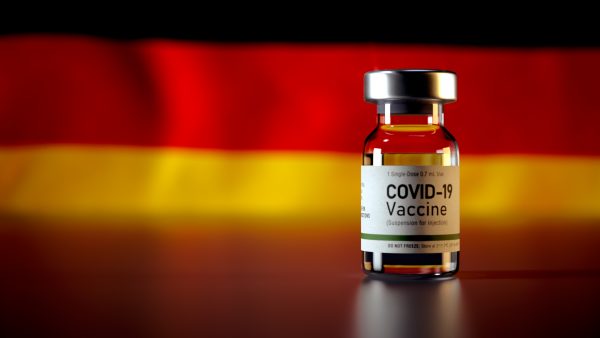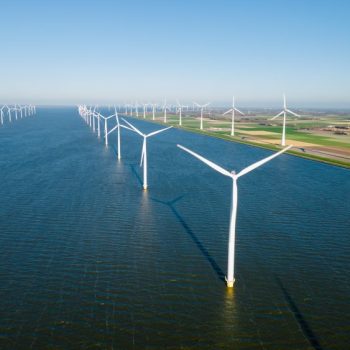
“I fully support the European approach,” Macron told an online news conference after talks with Merkel. “What would people say if countries like France and Germany were competing with each other on vaccines?”
“It would be a mess, and counter-productive,” he said.
Merkel said that although the sluggish rollout had shown that the bloc needed to ramp up pharmaceutical production capacities, “the basic decision to order together as the European Union was and is right”.
Anger in the 27-member bloc has grown in recent weeks over the slow pace of coronavirus inoculations compared with the speedier campaigns seen in the United States, Israel and ex-EU member Britain.
‘Working as fast as possible’
Merkel has taken to the airwaves several times this week to defend Germany’s decision not to go it alone.
She said the EU and vaccine makers were “working as fast as possible” to accelerate vaccinations and expand production lines.
The EU has ordered more than enough potential vaccines for its 450 million citizens, she said, but the initial shortages have laid bare that the bloc’s “production capacities are not as large as we had imagined”.
“But producing vaccines is not something that can be done from one day to the next,” Merkel added. “These are complicated processes.”
Macron said that the bloc had secured doses from a wide range of vaccine candidates, but admitted that leaders had been caught off guard by the swift success of experimental mRNA vaccines.
The jabs, based on novel technology never before used in a commercial vaccine, were developed by Pfizer/BioNTech and Moderna and became the first two shots to be approved by EU regulators in the fight against the pandemic.
“Nobody could have known that we were going to have safe vaccines so quickly,” Macron told reporters.
‘Moving forward’ on future combat jet
Macron also said France and Germany aim to take the next step in the development of Europe’s next-generation combat jet in the coming weeks by confirming contracts to build a test version.
“We are moving forward, it’s an extraordinarily complex project,” said Macron.
“In the coming weeks we will have settled the final outstanding points and I firmly hope that by spring we will have the administrative and political confirmations needed to meet our schedule and our ambitions,” Macron said.

The Future Combat Air System (FCAS), being built by German, French and Spanish firms, is a key part of Macron’s push for military sovereignty on the Continent and his aim to lessen its reliance on the NATO alliance.
So far governments have only approved funding for prototype and design contracts, a small fraction of the multibillion-euro budget for the 20-year project.
Signing contracts for the next studies would mean a one billion euro ($1.2 billion) commitment to building the demonstrator plane, expected to cost six billion euros alone, a source close to the project told AFP.
Still ‘lots of questions to clarify,’ says Merkel
Both Macron and Merkel want to give the green light before German elections in September and the French presidential contest next year, since it would reduce chances a new government might scrap the project.
But Merkel nonetheless said there were still “lots of questions to clarify” over the division of works among French and German firms.
Airbus and France’s Dassault Aviation are spearheading the plane’s development, alongside Safran and Thales of France, German engine maker MTU, and the European missile joint venture MBDA.
“We realise the project is led by the French but it should be a project where both countries play equal roles,” she said, also evoking talks with Macron over the sharing of intellectual property between the companies.
The new stealth delta-wing jets, which will replace the current generation of Rafale and Eurofighter jets, are set to be operational in 2040.
You could find more about this article on the website france24.com HERE













